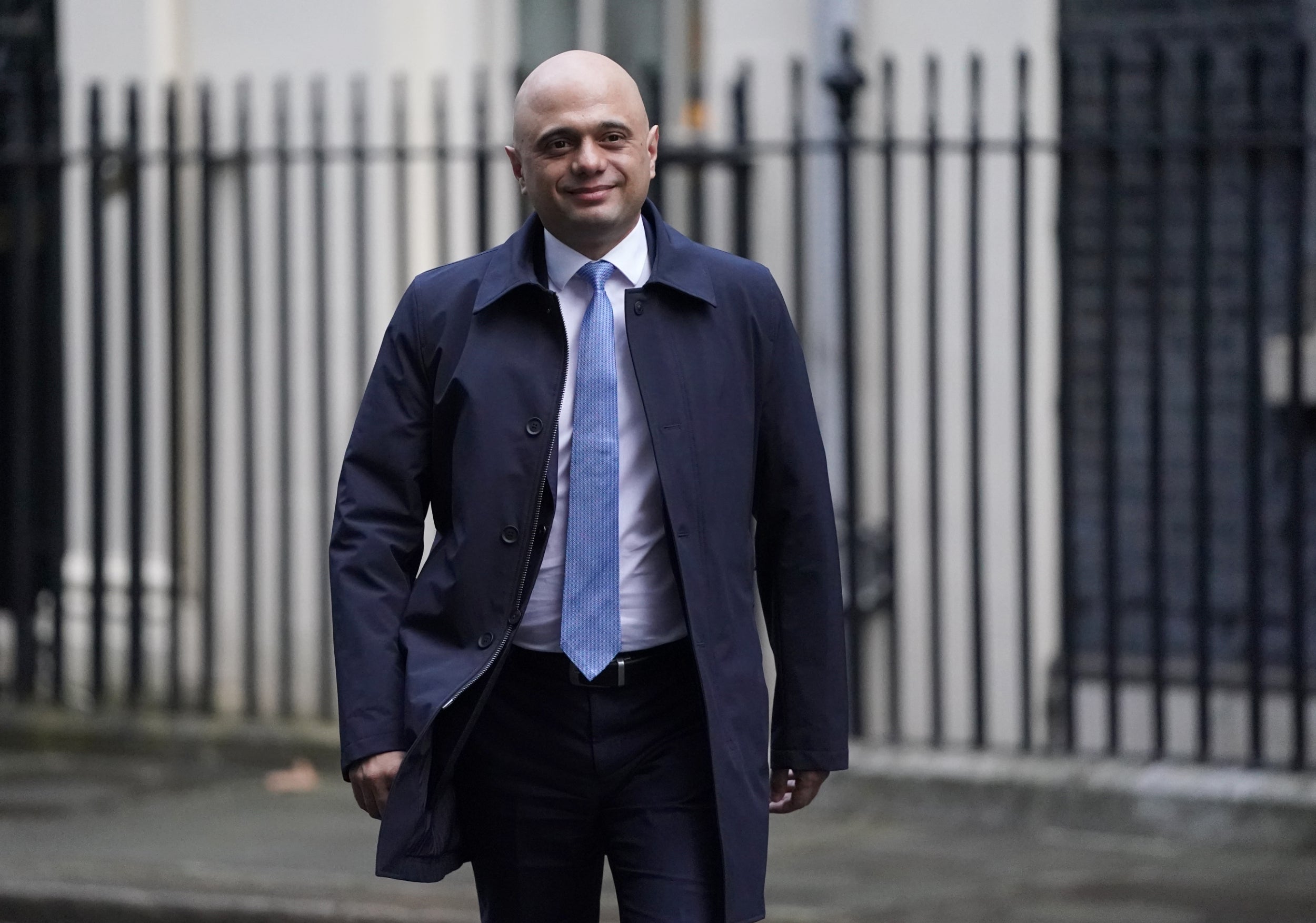Beware the buoyant economic figures – Brexit will bring them back down by the end of 2020
December may have rebounded from the November slump, and recent surveys have been optimistic, but the dead hand of our EU exit still holds the reins, write James Moore


There were things for Boris Johnson and Sajid Javid to cheer about in the latest GDP numbers, although a couple of pairs of rose-tinted spectacles wouldn’t have gone amiss.
While the headline numbers showed no growth in the fourth quarter, they rebounded from the November slump in December, which recorded a 0.3 per cent bump.
The second and third quarters were upgraded, and the Office for National Statistics’ first crack at a number for 2019 had the UK expanding by 1.4 per cent, up a teensy bit the previous year’s 1.3 per cent.
No growth over a quarter is nothing to feel good about, but it was better than a lot of forecasters expected and the recent survey data has suggested that the momentum established in December is continuing. Maybe there’s more than just alliteration to the “Boris bounce” some of his supporters have been talking about. We got Brexit done and now look at us!
Yes, I know. That’s a lie and a line government spin doctors would just love. But Javid is preparing to turn on the public spending taps in March to add further impetus.
Crisis? What crisis? There is no crisis! Maybe not. But here’s a question. If there are grounds for optimism, as some commentators have sought to claim, why were the chancellor’s spin doctors frantically ringing round people like me last week to stress that when the chancellor talked to the Financial Times about doubling Britain’s growth to 2.8 per cent, which is what it averaged from 1945 up until the financial crisis, it absolutely, positively shouldn’t be referred to as a target.
An ambition? Maybe an aspiration? A potential stick for his opponents to beat him with that has to be taken away as soon as is humanly possible so we’d better get the message out that it’s NOT A TARGET because no economist worth their salt thinks the boss stands snowball’s chance in hell of reaching it.
With good reason. Getting to the magic dream? hope? goal? is probably also contingent on him solving Britain’s productivity problem, something that has defeated just about everyone who has put their mind to it.
But Brexit is the biggest impediment to it and the Brexit fog of uncertainty will be back before long
Consider the impending trade talks with the EU, and Johnson going into them by describing a de facto no-deal Brexit as an “Australian-style” arrangement which the Australians are in talks to draw the curtain on.
They know striking a trade deal with the bloc would be much better for them than what they have now even though they’re thousands of miles from it and a lot closer than the UK to all those fast growing Asian economies Tory Brexiteers like to get excited about.
No-deal minister Michael Gove’s already been told to expect shortages on the supermarket shelves even if a trade deal is secured because there’s a truck full of red tape being delivered to Britain’s ports and customs where checks will have to be performed and boxes will have to be ticked.
Optimism about the UK economy? Sure there’s some to be had. The Bank of England was optimistic enough to keep interest rates on hold at its last meeting, and the global picture looks better than it did last year, notwithstanding the efforts of coronavirus to spoil the party and the risk of the trade truce between America and China breaking down.
But the British economy still looks more like a carthorse than a fleet-footed thoroughbred and you can expect it to start showing Brexit strain again by the end of the year.
Join our commenting forum
Join thought-provoking conversations, follow other Independent readers and see their replies
Comments